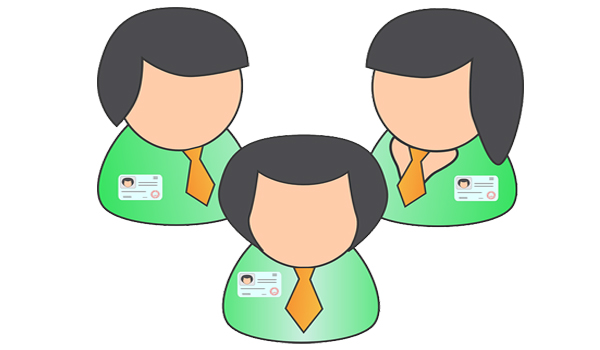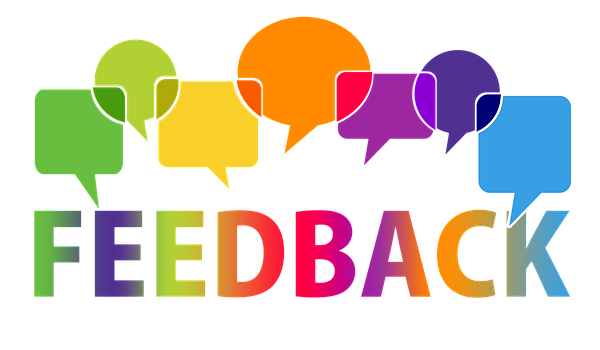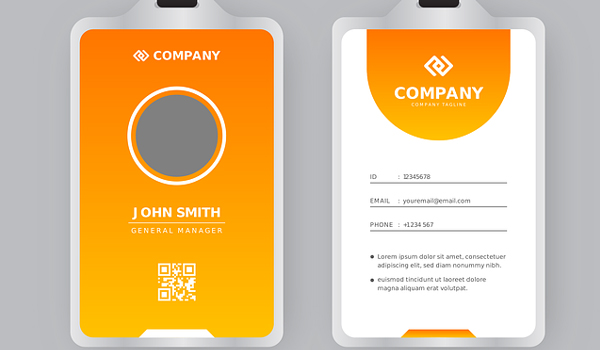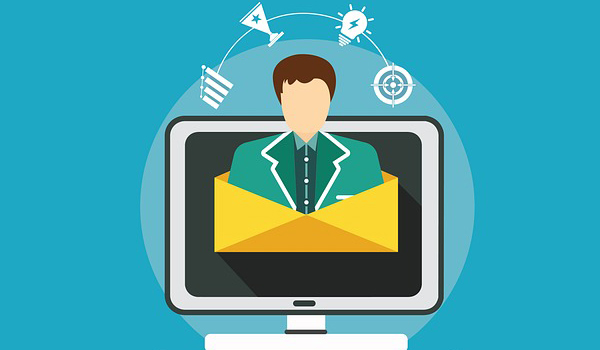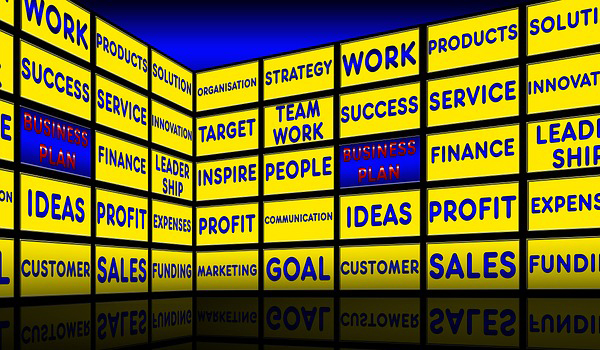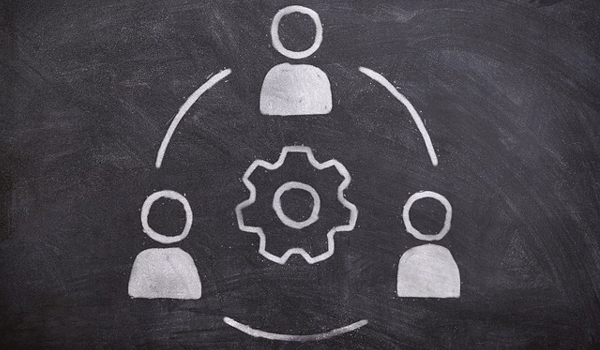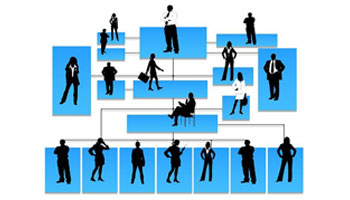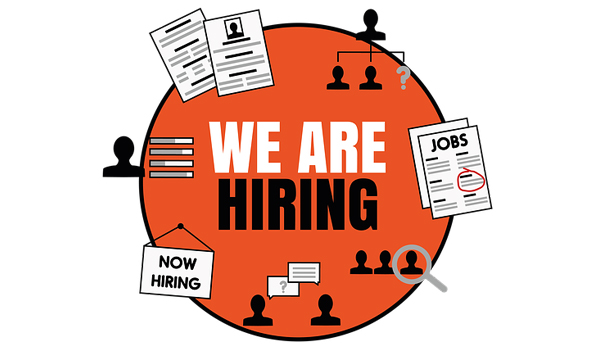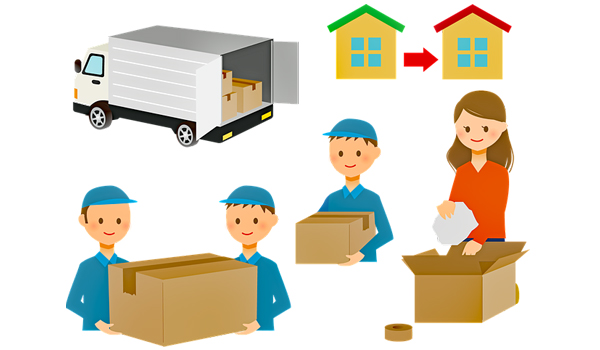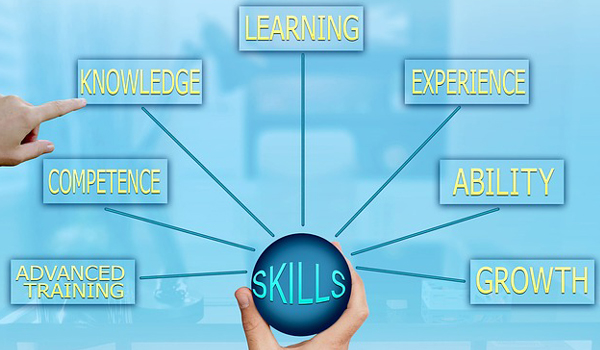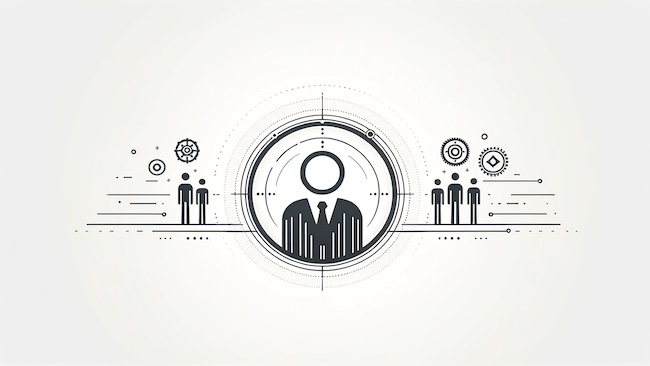Find Best HR Software for Your Business
We help you find the right HR Software for your business.

Browse Popular HR Software
Up-to-date listing of HR Software to assist you throughout your software selection and purchase journey.
HR Software
Explore best HR Software for your business.
Human Resources (HR) Software: Simplifying Workforce Management
Human Resources (HR) software serves as a dynamic tool for efficiently managing various aspects of human capital, streamlining business processes, and organizing critical data. This software automates manual tasks traditionally handled by HR departments, allowing them to allocate their time and resources more strategically. By leveraging HR software, organizations can optimize their workforce management, enhance productivity, and ensure compliance with regulations.
Key Features and Benefits of HR Software:
- Automation of Manual Tasks: HR software automates and simplifies time-consuming administrative tasks, freeing HR professionals to focus on more strategic initiatives.
- Streamlined HR Processes: This software empowers HR departments to efficiently manage tasks such as employee data storage, payroll processing, time and attendance tracking, recruitment, performance management, benefits administration, and competency and training record tracking.
- Compliance Management: HR software ensures organizations stay compliant with regulations by managing statutory compliance, regulatory filings, and policy adherence.
- Centralized Employee Data: HR software offers a single repository for storing and managing employee data, providing a comprehensive view of the workforce.
- Performance Analysis and Reporting: The software generates data-driven reports, enabling informed decision-making and optimizing HR processes.
- Employee Engagement: HR tools facilitate employee engagement through surveys, feedback mechanisms, and recognition programs.
- Recruitment and Onboarding: Applicant tracking systems (ATS) automate the recruitment process, while onboarding software streamlines the introduction of new hires to the organization.
- Payroll Management: Payroll software accurately calculates, processes, and records employee pay, ensuring compliance with labor regulations.
- Learning and Development: Learning management systems (LMS) aid in designing and delivering employee training programs, assessing skills, and tracking certifications.
- Strategic HR: HR software supports performance management, succession planning, employee engagement, and compensation management.
- Security and Compliance: HR software ensures the secure storage of sensitive employee data, safeguarding against external threats and internal misuse.
Types of HR Software:
- HRIS (Human Resource Information System)
- ATS (Applicant Tracking System)
- HR Analytics Software
- Employee Self-Service (ESS) Software
- Performance Management Software
- Learning Management System (LMS)
- Compensation Management Software
- Benefits Administration Software
- Time and Attendance Software
- Employee Engagement Software
- Onboarding Software
- Employee Recognition and Rewards Software
- Succession Planning Software
- HR Compliance Software
- Workforce Management Software
- Payroll Software
- HR Communication and Collaboration Tools
- HR Document Management Software
- Talent Management Software
- Workforce Analytics and Planning Software
- Employee Surveys and Feedback Software
- HR Mobile Apps
How SaaS HR Solutions Work
Software as a Service (SaaS) HR solutions,works on a subscription-based model and are hosted on cloud platforms. It is also known as cloud-based HR software. Below are the overview of how SaaS HR solutions work:
- Cloud Hosting:SaaS HR solutions are hosted on cloud servers.
- Subscription Model:Users subscribe on a recurring basis, paying a subscription fee.
- Web-Based Access:Accessible through web browsers, no need for local installations.
- Centralized Database:All employee-related data is stored centrally.
- Security Measures:Robust security measures protect sensitive HR data.
- Scalability:Easily scales to accommodate organizational growth or changes.
- Automatic Updates:Providers deploy updates and features automatically.
- Multi-Tenancy:Multi-tenant architecture ensures data separation.
- Collaboration and Accessibility:Supports collaboration and is accessible from various locations.
- Integration Capabilities:Integrates with other business systems like payroll and ERP.
- User Permissions and Roles:Administrators define user roles and permissions.
- Data Backups:Regular data backups for recovery in case of loss.
- User Support and Training:Providers offer support and training resources.
- Pay-Per-Use Model:Organizations pay for features and resources they use.
Who uses HR software?
- Human Resources Professionals
- Recruiters
- Managers and Supervisors
- Employees
- Payroll Professionals
- Training and Development Teams
- Benefits Administrators
- Compliance Officers
- Executives and Decision-Makers
- IT Professionals
- Employee Relations Specialists
- Remote and Distributed Workforce
- Compliance and Diversity Officers
- Employee Engagement Teams
- Small and Medium-sized Business Owners
Reaping the Benefits:
HR software empowers organizations to achieve:
Enhanced Efficiency: Automation streamlines HR processes, reducing manual effort and increasing efficiency.
Compliance Adherence: HR software ensures organizations remain compliant with labor and regulatory requirements.
Data-Driven Insights: Accurate and comprehensive data supports informed decision-making and strategy formulation.
Employee Engagement: HR tools foster employee engagement through surveys, recognition, and development programs.
Embracing the Future:
AI Integration: Artificial Intelligence (AI) enhances HR software capabilities, aiding in data analysis, recruitment, and employee engagement.
Employee Wellbeing: HR software is evolving to address employee burnout, with features supporting wellness initiatives.
Enhanced Employee Experience: The focus shifts to providing a positive experience for employees through their interactions with the organization and software.
Modern Payroll Practices: Payroll software adapts to flexible paydays and financial wellness, improving workers' financial management.
In conclusion, HR software is a vital tool for effectively managing human resources, optimizing HR processes, and ensuring compliance. With its diverse features and benefits, HR software empowers organizations to streamline operations, make informed decisions, and nurture a thriving workforce. Embracing the latest trends can further elevate the impact of HR software on organizational success.












